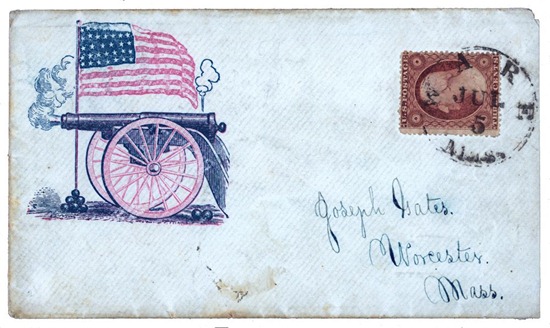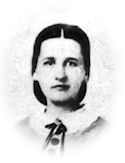July 5th. The army is formed in very close order, nearly all the corps being camped in close column of division. We are told the entire front does not exceed five miles, therefore the troops must be packed pretty closely together. The general plan of the camp is seen from the sketch; it is impregnable, and can be defended easily against all comers and if that were all expected of the army, it would be entirely satisfactory, but it is a poor place for an aggressive, invading army.
The army now settled down for a comfortable rest, and the administrative bureaus began their activity, the executive officers working from morning till night. After the tremenduous campaign just closed, there is an immense amount of work to do. Every man must be satisfactorily accounted for, as well as every article of public property. Our losses cannot have been less than six or eight thousand men, and a fabulous lot of stores, of every description. All of this must be accounted for, and the reason given for its abandonment, or destruction. The muster rolls require the greatest care, to avoid doing injustice, for every man reported absent without leave, must be restored to his place by court martial, which is slow and uncertain. In the meantime the man, if again with his regiment, is debarred from drawing pay, or doing duty, and is a source of weakness, rather than strength to his regiment. Consequently, adjutants are busy people in camp, as well as regimental quartermasters, who have to re-equip the whole command wherever necessary. I have only one clerk, and write every morning till noon. Weather frightfully hot, and the water very poor; each regiment has its well, which is nothing more than a hole eight to ten feet deep, collecting the surface water; the soil being mostly sand, the water easily percolates through it. Many of the men have been taken sick since we arrived, perhaps as much from their past experiences as from the poor water here.





